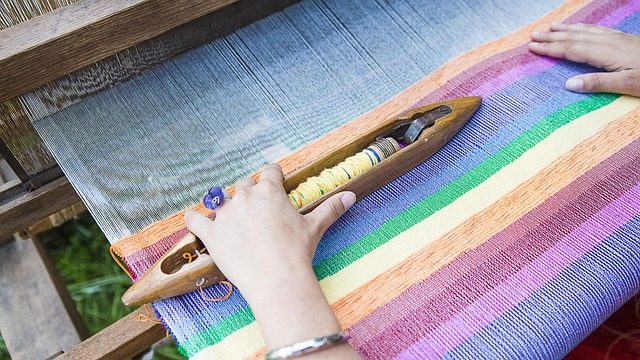
how to find your native american heritage
History and Evolution of Native American Rug Weaving
Researching family history through genealogy records and historical documents can be an exciting journey, especially when you are trying to uncover your Native American heritage. The process of discovering your roots involves delving into the past, unraveling clues, and connecting with distant ancestors.
To begin this quest, it is essential to gather as much information as possible from reliable sources like census data, birth certificates, marriage records, and land deeds. These invaluable resources provide a glimpse into the lives of your predecessors, allowing you to piece together the puzzle of your lineage.
One important aspect of tracing Native American ancestry is examining tribal rolls or enrollment records. These documents authenticate tribal membership and shed light on specific Native American communities that may have been part of your family's history. Exploring these records may require contacting tribal authorities or visiting archives specializing in local indigenous histories.
Another valuable source for understanding Native American heritage is oral tradition within your family. Elders often hold precious knowledge passed down through generations about ancestral connections to Native tribes. Listening attentively to their stories can unveil invaluable leads in your research.
While navigating through historical documents and genealogy records, it is crucial to exercise caution and discernment. Historical inaccuracies or incomplete documentation can sometimes make finding concrete evidence challenging. Patience and persistence are key virtues during this process.
In addition to traditional research methods, leveraging modern technology opens up new possibilities for exploring one's Native American roots. Online databases, DNA testing services, and social media groups dedicated to genealogy can provide additional avenues for discovery and connection with others who share similar ancestral backgrounds.
Ultimately, researching one's Native American heritage requires a multidimensional approach that combines traditional record examination with personal narratives and technological advancements. By embracing this holistic methodology, you increase your chances of unearthing meaningful insights about your familial ties to indigenous communities.
Embarking on a journey of self-discovery by researching family history is both intellectually stimulating and emotionally fulfilling. So embrace every clue, every record, and every story as you unravel the tapestry of your Native American heritage.